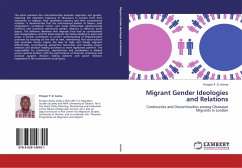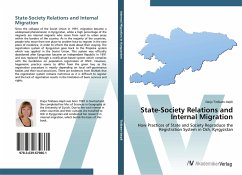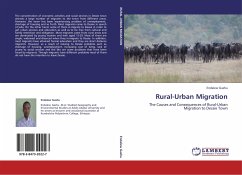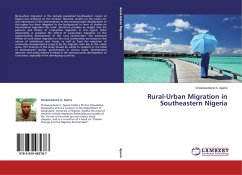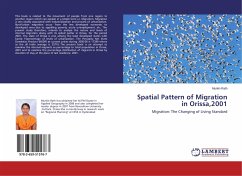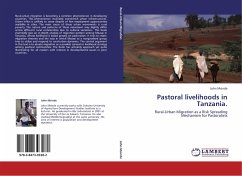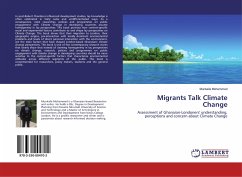This book examines the interrelationship between migration and gender, exploring the migration trajectory of Ghanaians in London from their motivation to migrate, their settlement patterns and their transnational activities. It demonstrates that the international division of labour, paid employment, contextual factors and social differentials simultaneously reinforce and transform patriarchal gender relations in different social spaces. The different dilemmas that migrants face lead to contestations and renegotiations, and the book explores the factors leading to gains and losses. It further contributes to current understanding of empowerment processes by focusing on the role of men, maintaining that socio-cultural and economic factors impact the lives of male and female migrants differentially, reconfiguring patriarchal hierarchies and levelling power relations and decision making processes to more egalitarian patterns. The responsibility for production, reproduction and socialisation is divided across national borders, with the performance of financial, emotional and practical support, decision making patterns and power relations negotiated in the transnational social space.
Bitte wählen Sie Ihr Anliegen aus.
Rechnungen
Retourenschein anfordern
Bestellstatus
Storno

